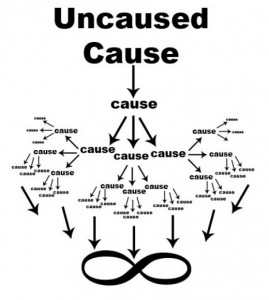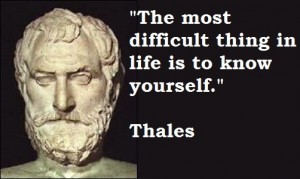The Golden Mean
Aristotle spoke about the idea of the Golden Mean. This idea of finding your virtue (a behavior that is reflective of elevated morality) is intriguing to me. Aristotle spoke about finding your golden mean or virtue when you are at balance and far from negative aspects of a character trait. One example of finding your virtue would be confidence. If a person is too confident, they could come across as arrogant, on the opposite end of the spectrum, if a person is lacking confidence they come across as being insecure. The golden mean of these two polar opposites is confidence. The extremes of confidence (arrogance and insecurity) are negative but the mean of the two is where the virtue of confidence is found. To me, the search for virtue is a part of the Redemption story. We are all living a life of redemption. In living out this life it is important that we try to find our true calling, our virtue. As Christians, we are supposed live our lives as a reflection of Christ’s love. This includes living a virtuous lifestyle. We are to hold our standards of reality high and aim to find our virtue. A person must be careful of being neither too boastful nor too humble. There must always be a good balance.
The idea of the Golden Mean could also be a part of the Creation story as well. In the beginning as a part of a new creation it was often questioned what is the “good life?” Aristotle could argue that the good life could be achieved by finding your Golden mean. By finding the right balance and living a life of virtue, free from negative human qualities a person has achieved balance and achieved the golden mean. According to Aristotle, this would lead to a life of happiness.


